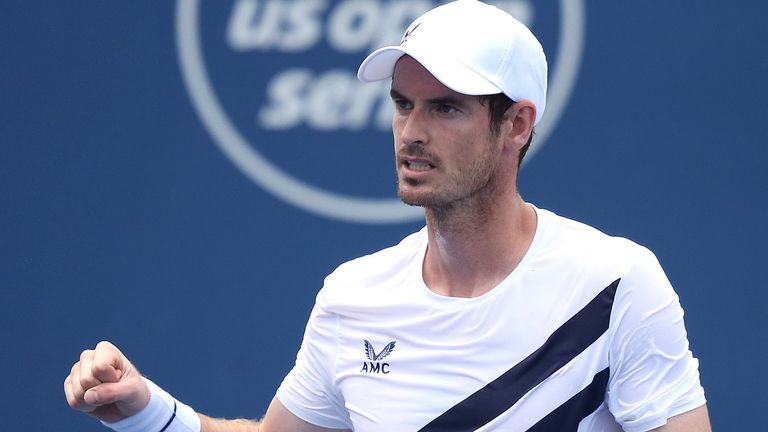Throughout the last decade, Andy Murray has been one of tennis’ most well-known and much-loved stars. The three-time Grand Slam winner became the first Brit to clinch a major on-court title since Fred Perry in 1936 when he landed the US Open crown in 2012.
However, back in January 2019, the Murray announced his retirement due to continued problems with a hip injury. Despite his announcement, it wasn’t long before the Scotsman was back on the court again in a professional setting, taking part in the Fever-Tree Championships five months later.
Having struggled to reach his tournament-winning heights of the mid-2010s, Murray has dropped to 111th in the rankings, at the time of writing. Because of this, his Grand Slam entries have come through wildcards, which has been met with some backlash. So, let’s take a look at whether Murray is nothing more than a mere wildcard entry, as opposed to being a competition entrant on merit.
Pressure to Perform
Following his success between 2012 and 2016, Murray wrote his name into the history books. Not only was he a two-time Olympic gold medalist, but the Scottish-born athlete was also the first British man to clinch two Wimbledon crowns after Perry in the 1930s. At one point, it looked as if pre-retirement Murray was back. In October 2019, the now 33-year-old won his first singles tournament since his return as he beat Stan Wawrinka to claim the European Open.
In hindsight, the triumph appears to be a false dawn. While tennis fans across the globe would love nothing more than to see Murray return to the sport’s pinnacle competing with the likes of Novak Djokovic, Rafael Nadal, and Roger Federer, injuries continue to hinder his progression.
Murray’s susceptibility to physical problems has resulted in a lack of on-court time. As such, this has seen his ranking fall and former professionals question his need to continue competing. 18-time Grand Slam winner Chris Evert recently said that she’s confident in Murray “letting go” from tennis as wildcard entries aren’t sustainable, particularly if performances and results aren’t improving.
Is Prolonging his Career Selfish?
Take nothing away from Murray, his past achievements undoubtedly mean that he’s entitled to take advantage of the wildcard system for the remainder of his career. However, his decision to enter into Grand Slams in this manner has been met with some criticism. Mats Wilander, a seven-time Grand Slam winner, questioned whether the 33-year-old’s actions were selfish and deprived the next generation the chance to compete on the sport’s most famous courts, according to The Week.

While Murray has been defended against such suggestions, it’s hard to ignore that there’s some truth in the statement. In September 2020, the Scotsman won his first Grand Slam match in 20 months after coming back to defeat Yoshihito Nishioka.
Although his name is rightfully held in high regard, his on-court displays are no longer vintage Murray.
This decline is also reflected in the tennis markets surrounding sports bets at Royal Panda. As of October 8th, the 33-year-old is 20/1 to win the men’s single’s title at Wimbledon in 2021. Although Murray himself will be most hopeful of piecing together an unprecedented career revival, the latest tennis markets don’t place him one of the favourites for any of the upcoming Grand Slams.
Faced with a Difficult Decision
There’s no escaping the fact that Murray will be remembered as an icon of tennis when he decides to walk away from the sport. At present, however, the three-time Grand Winner appears to be faced with the dilemma of continuing to use wildcards or retire. While his love for his craft can’t be questioned, Evert is right to have faith in Murray to know when to let go.





















